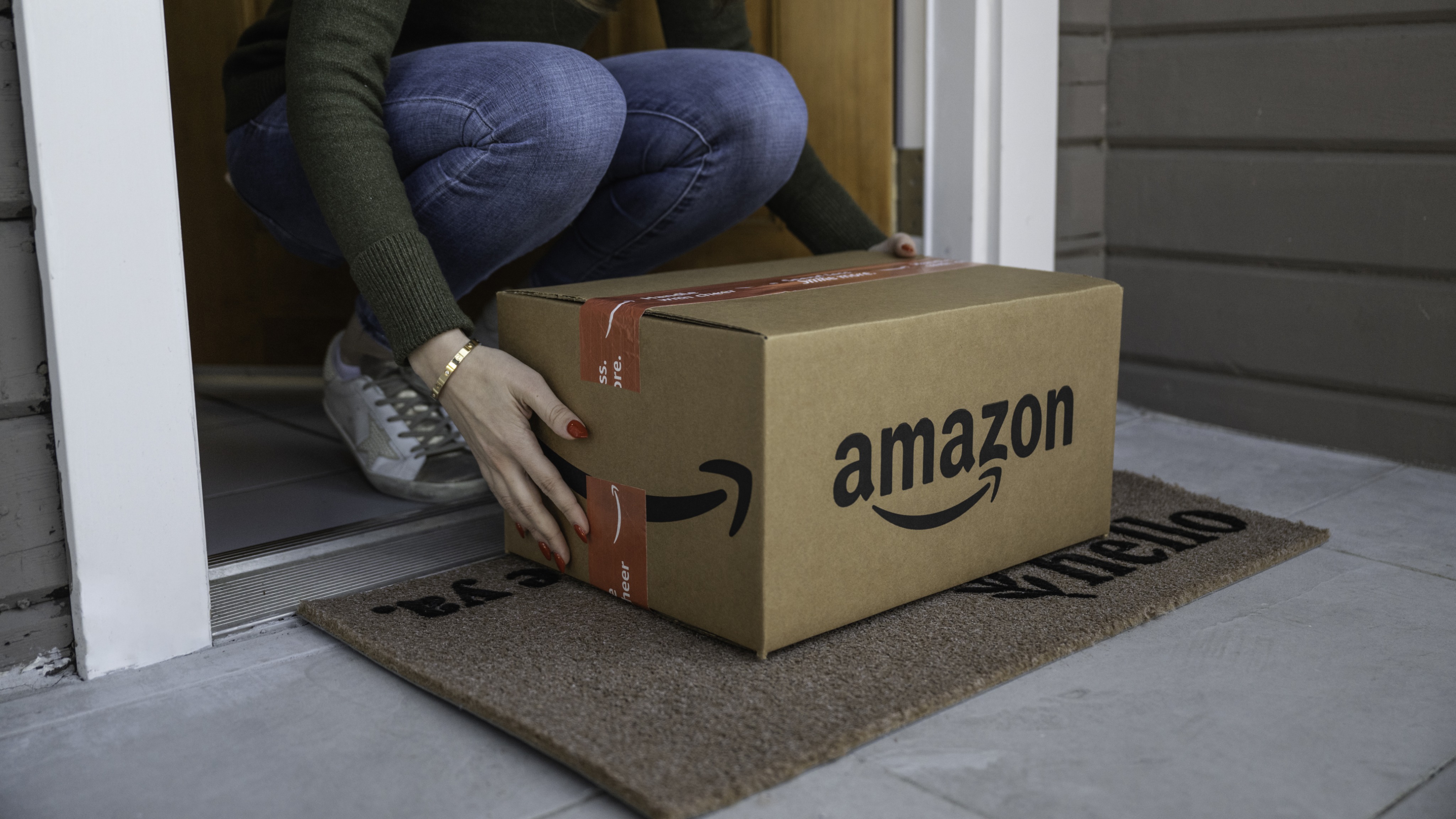Russian clothing brands are beginning to plug the gaps left by the droves of Western companies that have exited the country since its invasion of Ukraine.
Inditex, the owner of Zara, received approval to sell off its 500-plus portfolio of Russian stores to a UAE-based buyer in April. Its flagship store in Moscow, which has stood dormant for over a year, recently reopened under new brand MAAG.
Oleg Klimov, president of Russia’s Council of Shopping Centres, told Reuters the Western exodus resulted in “heavy industry losses” at an estimated 200 billion roubles ($2.47 billion).
"People in general just did not understand what was going on," Klimov told the news agency, claiming that the market is now slowly beginning to recover.
Despite Russian companies plugging gaps left by their Western counterparts, sanctions including export bans continue to complicate trading routes for Russia’s retail sector.
"The biggest problem is international transactions," Ksenia Zhdanova, who runs her own KSEW clothing brand and is commercial director for online Russian designer wear marketplace Richmill, told Reuters. "Our industry is extremely dependent on import."
Uniqlo recently announced it would permanently leave the Russian market after putting its operations in the country on hiatus last year.
Latest News
-
Morrisons deploys real-time engagement platform in stores to boost personalised promotions
-
Frasers Group acquires majority stake in Italian sports retailer Maxi Sport
-
Lidl invests £29m in latest pay increase
-
Casino Group signs long-term agreement with Spar
-
Extra Shop rolls out electronic shelf labels
-
Evri launches new scheme to upskill workers in AI and data
Beyond Channels: Redefining retail with Unified Commerce
This Retail Systems fireside chat with Nikki Baird, Vice President, Strategy & Product at Aptos will explore how unified commerce strategies enable retailers to tear down these barriers and unlock new levels of operational agility and customer satisfaction.
The future of self-checkout: Building a system that works for consumers and retailers
In this webinar, industry leaders discussed what the future of self-checkout looks like and how retailers can make the technology work for everyone.
© 2024 Perspective Publishing Privacy & Cookies



.jpg)






Recent Stories